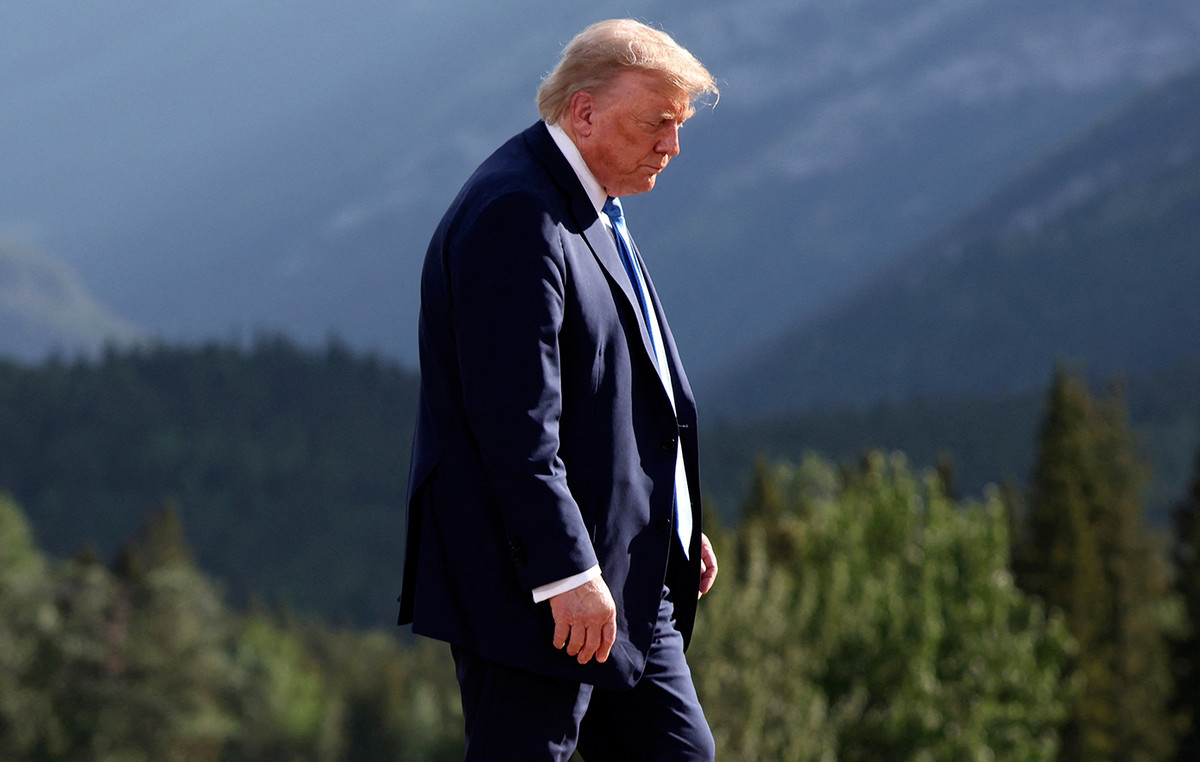The PT prepares a document to be released in the coming days in which it intends to detail its plan for Petrobras, in addition to the generalities that it included in the guidelines presented at an event in São Paulo this Tuesday (21).
The predominant idea in the party is an alternative to the policy of freezing prices adopted during the Dilma Rousseff (PT) government and to the free float policy, in force since the Michel Temer (MDB) government.
“This debate is quite ideological, so when it problematizes or questions the PPI [política de paridade de preços] it seems that it is a defense of the price freeze policy that we have applied in the past and that is not true. The freezing policy is not desired and is no longer practicable because the situation is different. There were changes, the external dependence of derivatives mainly of diesel and LPG [gás liquefeito de petróleo] today is very significant; So, any attempt to dam prices can put the country at risk of shortages. Now, that doesn’t mean accepting free float either. We think that between freezing and free float there is a reasonable path.” CNN William Nozaki, coordinator of the oil and gas area of the PT government program.
The issue is dear to the PT because it was in the PT era that Petrobras faced corruption allegations, investigations and convictions resulting from Operation Lava Jato. In the period, the state-owned company lost market value.
For Nozaki, who is also a professor at the School of Sociology and Politics of São Paulo and technical coordinator of the Institute for Strategic Studies on Oil, Gas and Biofuels (INEEP), in PT governments “the relevant fact of the oil agenda was the discovery of the pre -salt and that is why the idea of an integrated company was formulated, operating on several fronts”. “Today, the relevant fact is the high price of fuel. So the priority is to deal with this problem in the short term.”
For him, the reduction in the refining load under the Temer government, combined with the acceleration of the sale of refineries during the Jair Bolsonaro (PL) government, increased dependence on fuel imports. This, according to him, is seen by the increase in the number of importers registered with the National Petroleum Agency from 2016 onwards: it was 300 and went up to 600.
“This scenario is important because it shows how Brazil has become more dependent than it was in the past. Even if we wanted to implement Dilma’s policy, we would not be able to, because this change in the conjuncture does not authorize it, as we would put the country at risk of shortages. We do not have an autarkic, statist and freezing vision,” she declared.
In this sense, there are four main ideas evaluated in the party:
- Create a price stabilization fund to dampen international fluctuations and prevent them from being passed on to the final consumer. There is still no detail on how the fund would work for each fuel;
- Review of the refineries’ processing load to reduce external dependence;
- Refining of the refining park;
- New public instruments to act in the distribution of fuel either by regulation or by state action after the sale of Transpetro and Liquigaz.
Asked about the revision of the Law on State-Owned Companies that a wing of the Bolsonaro government is debating, he says that the issue has not yet entered the PT in depth, but he gave his personal opinion that he has expressed in internal speeches. The State-Owned Companies Law was implemented in the Temer government for the main purpose of containing political interference in Petrobras after the revelations of Operação Lava Jato.
“What I’ve been saying is that we shouldn’t give any joint treatment to state-owned companies. They have to be looked at on a case-by-case basis, with the aim of looking at the concrete problems of the population. But there is no discussion to review the state-owned company law. The law must be respected and company governance must deal with this dual nature of SOEs of generating dividends to shareholders and serving the public interest. And in the case of the State-Owned Companies Law, it has already demonstrated that it has positive points. It recently prevented conflicts of interest from a director who might have been incompatible with the position.”
Source: CNN Brasil
I’m Susan Karen, a professional writer and editor at World Stock Market. I specialize in Entertainment news, writing stories that keep readers informed on all the latest developments in the industry. With over five years of experience in creating engaging content and copywriting for various media outlets, I have grown to become an invaluable asset to any team.







